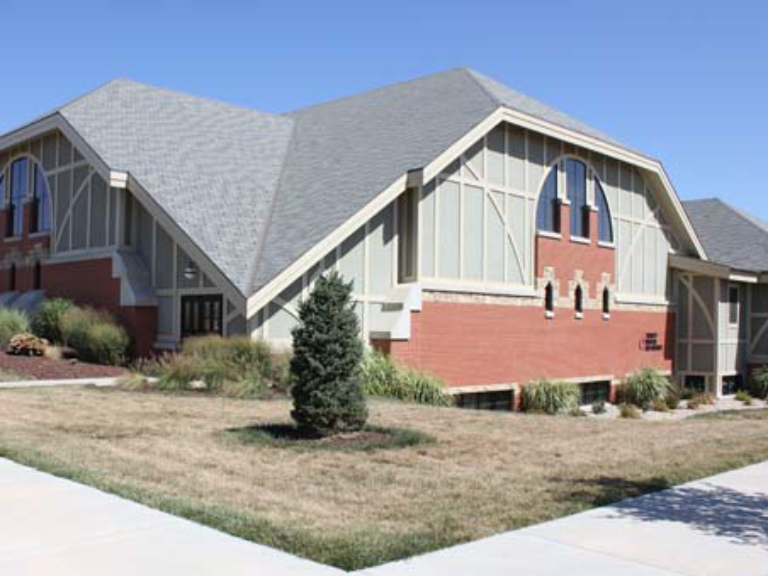
Why Is IEQ Important?
IEQ is important because the conditions in your building directly impact the health, comfort and productivity of those inside. Moving forward, protecting occupant wellness will remain a vital part of a building's value proposition. This can't be achieved with a single technology or solution, though. Instead, it requires a holistic, expert-backed approach.
Important IEQ facts:
- Students and employees spend 93% of their time indoors.5
- People spend over 30% of their time in commercial buildings.5








